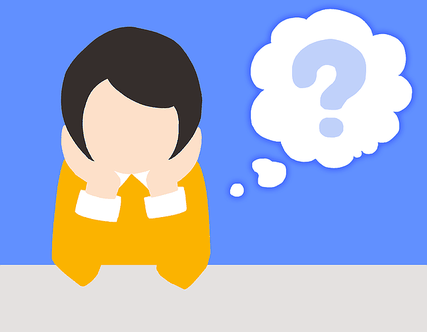
Relaxation is good for all of us. If you’re a worrier, however, you may well find that you actively resist relaxation, instead choosing to continue worrying.
Researchers have long known some people are prone to relaxation-induced anxiety – that is, relaxation techniques make them edgy and anxious. A recent study by Prof Michelle Newman, an expert on the nature and treatment of anxiety, found people with generalised anxiety disorder (GAD) – in layman’s terms, chronic worriers – are especially likely to resist during relaxation exercises. Instead of relaxing, they choose to worry.
Why? Newman’s research suggests worriers are especially sensitive to sharp spikes in emotion. Worriers don’t like negative emotional contrasts – for example, when you suddenly go from feeling relaxed or upbeat to feeling stressed or fearful.
To avoid this negative emotional shift, you stay on guard and continue to worry. You think: it’s important to be prepared in case something bad happens. And if the feared event doesn’t happen, you get to experience a positive emotional contrast – “I’m so relieved XYZ didn’t happen!”
In other words, you hold positive beliefs about worry – a point confirmed by decades of cognitive behavioural therapy (CBT) research. “Worry helps me prepare”, “I won’t be too disappointed if I expect the worst”, “It’s irresponsible not to worry”. People with GAD, notes Newman, ‘use worry as a coping strategy because they prefer to feel chronically distressed in order to prepare for the worst outcome’.
EXCESSIVE WORRY

Another expert CBT researcher, Prof Thomas Borkovec, gives the example of one client who used to worry excessively about her husband, particularly on his ability to cope if things went wrong. Work reasons meant her husband was living away from home, returning at weekends. A number of things had gone wrong during his recent visits – missed flights, delayed flights, things like that. Borkovec’s client was taken by surprise on these occasions, having not worried about them in advance.
‘So I thought that this time if I worried about something that really is kind of extreme and bad, like being burglarised when he gets back, then if his plane is late or something else happened, it won't seem as bad’, she told Borkovec. ‘Being burglarised is the extreme, so to me, it almost made sense: If you imagine the worst, then whatever happens won't be so bad.’
As it happened, he wasn’t robbed. ‘He had some very minor travel problems, so when he told me about them, I didn't feel the usual, “Oh, poor husband. How awful. Is he going to fall apart?”’
Other (hypothetical) examples. Mary worries when her children fly abroad. She asks them to text her when the flight arrives safely and feels relief when they do so.
When returning from holidays, John worries burglars may have broken into his home. Tense on the journey home, he experiences relief when he gets back and sees everything is as he left it.
Clare worries when her daughter goes socialising and asks her to frequently text her during the night. If her daughter is even five minutes late, Clare worries she has been attacked. She feels intense relief when her daughter returns home.
WORRY CYCLE

You can see from these examples how the worry cycle gets reinforced. If you’re a worrier, you already believe worry helps you prepare for feared events. Most of the time, the feared event doesn’t happen, so you eventually experience feelings of relief or pleasant surprise. Thus, the cycle continues.
The big problem is this keeps you trapped in a vicious cycle. Chronic worry is very stressful. It is emotionally and physically taxing. It keeps you on edge and on guard, preventing you from appreciating so many of life’s simple pleasures.
If you want to worry less in life, you must first become aware of and question your positive beliefs about worry. You may be worrying to prevent a large shift in your anxiety levels (“I need to be prepared for bad news”), but it is, as Prof Newman notes, ‘healthier to let yourself experience those shifts’.
Trust your capacity to handle unexpected events and bad news. Give yourself permission to relax more and to enjoy life. The more you allow yourself to experience those emotional shifts, the more you realise you can do it.
(First published in Southern Star on 30/9/2021).